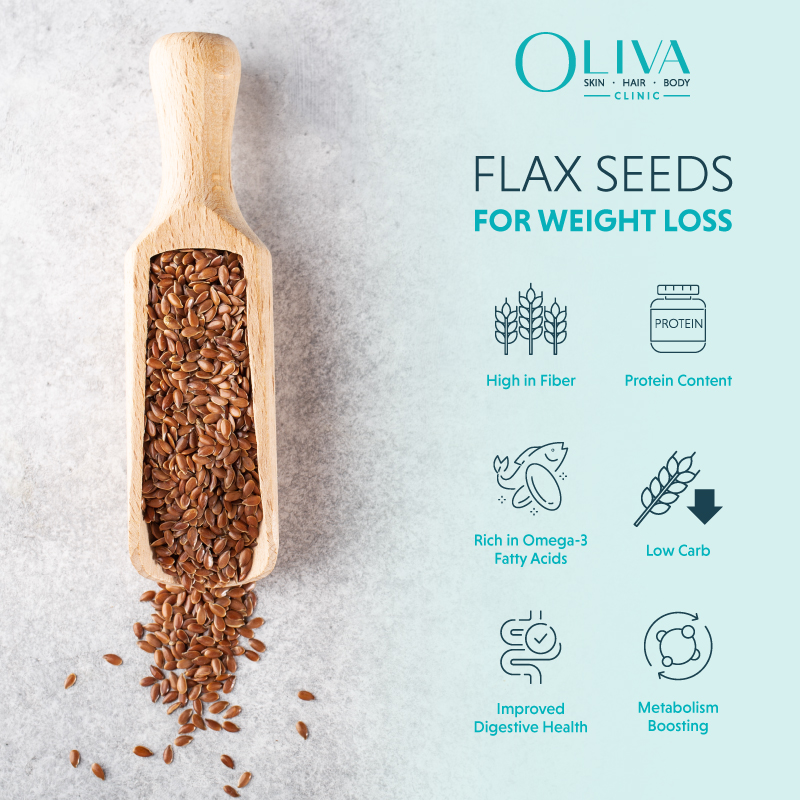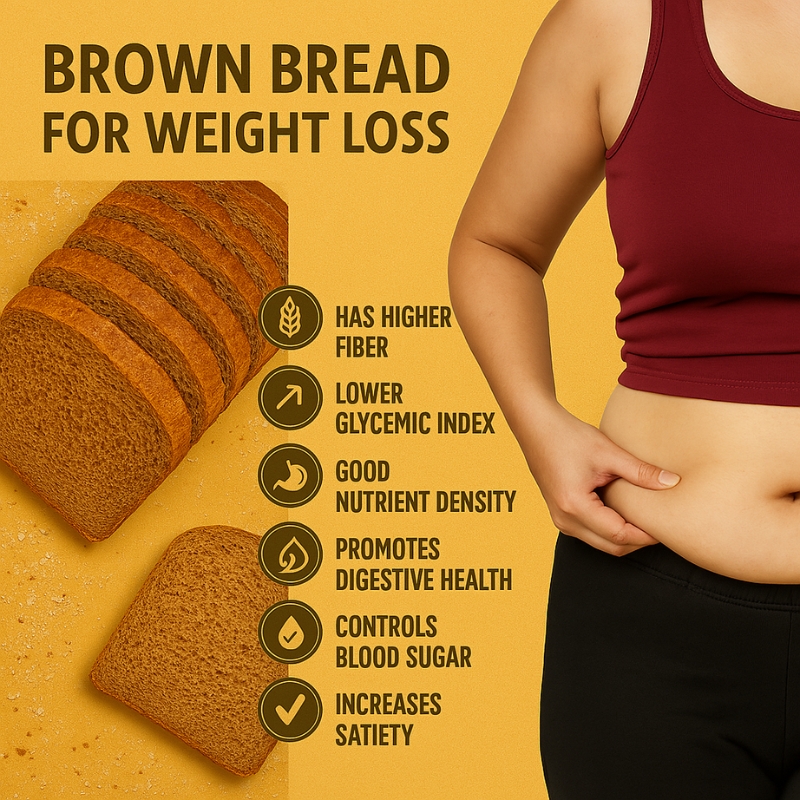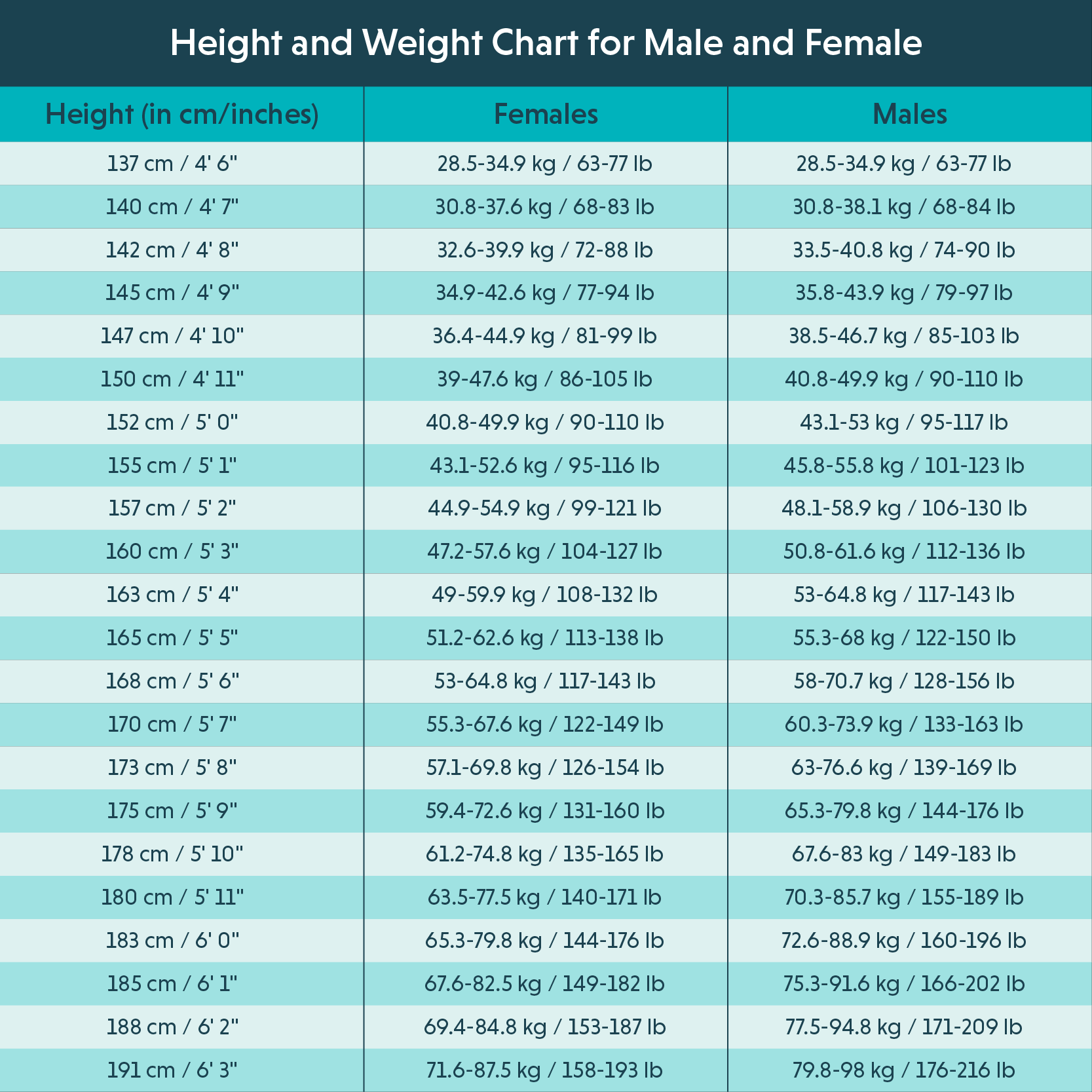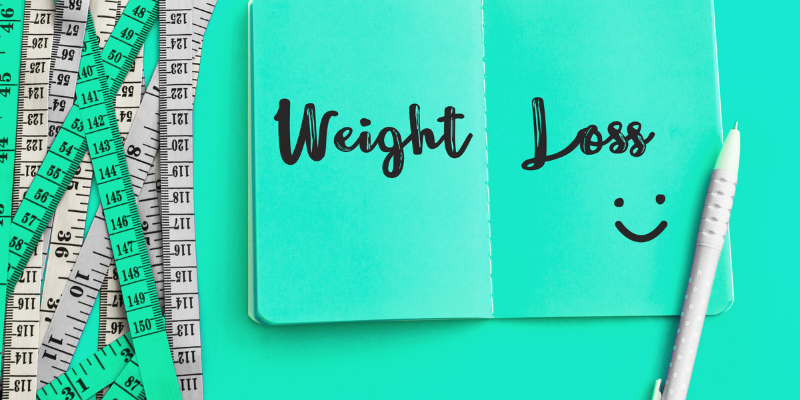In This Article
2000 Calorie Diet Plan: What To Eat & Avoid, Sample Meal Plan
A 2000-calorie diet plan is a balanced plan that meets most adults’ average daily needs in calories, guaranteeing good health and maintaining weight at a healthy level. [1] This plan helps guide appropriate portion sizes and intake of nutrients necessary to provide the proper amount of proteins, fats, and carbohydrates for energy and a healthy lifestyle.
In This Article
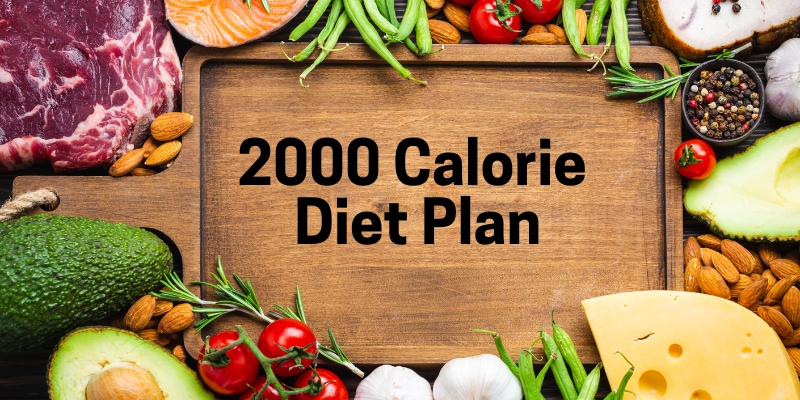
What Is A 2000-calorie Diet?
The 2000-calorie Indian diet plan is a daily meal with about 2000 calories, broadly used as a standard for nutrition. It is designed to balance carbohydrates, proteins, and fats with vitamins and minerals to satisfy most people’s needs regarding nutritional energy and substances for health and well-being. Here, let us look at a 2000-calorie meal plan for a week. [2]
7 Day 2000 Calorie Meal Plan
Here’s a sample 7 day 2000 calorie meal plan in a table format, breaking down breakfast, lunch, and dinner with calorie counts:
| Day | Breakfast | Calories | Lunch | Calories | Dinner | Calories |
| Monday | Oatmeal with berries and almond butter (1 bowl) | 400 | Grilled chicken salad with olive oil dressing | 600 | Baked salmon, quinoa, and steamed broccoli | 600 |
| Tuesday | Greek yoghurt with honey, granola, and banana | 400 | Turkey sandwich with avocado and side salad | 600 | Grilled tofu stir-fry with brown rice | 600 |
| Wednesday | Scrambled eggs with spinach and whole-grain toast | 400 | Lentil soup with mixed greens and whole-grain bread | 600 | Roast chicken, sweet potato, and sautéed green beans | 600 |
| Thursday | Smoothie (spinach, mango, protein powder, almond milk) | 400 | Quinoa salad with chickpeas, cucumbers, and feta | 600 | Grilled shrimp tacos with avocado and slaw | 600 |
| Friday | Whole-grain waffles with peanut butter and apple slices | 400 | Pasta with marinara, grilled veggies, and chicken | 600 | Pan-seared fish, mashed potatoes, and asparagus | 600 |
| Saturday | Chia pudding with mixed berries and nuts | 400 | Veggie wrap with hummus and a side of fruit | 600 | Grilled steak, roasted vegetables, with wild rice | 600 |
| Sunday | Avocado toast with poached egg | 400 | Buddha bowl with roasted chickpeas, quinoa, and tahini dressing | 600 | Baked cod, couscous, and sautéed spinach | 600 |
This is an approximately 2000-calorie-a-day meal plan, offering a variety of nutrient-dense and delicious meals.
Benefits Of 2000 Calorie Diet Plan
A 2000-calorie diet chart is one of those symmetry approaches toward health and the goal of fitness. Designed for the average caloric need of most adults, it provides a more designed format without compromising energy, nutrition, and flexibility. Some advantages one gets in return for adopting this particular type of diet are listed below. [3]
-
Supports Daily Energy Needs
A daily diet of 2000 calories provides adequate energy for maintenance, work, exercise, and recreation. It keeps one either sedentary or moderately active without being overly tired. This calorie intake will keep you going through the day and make you productive and full of energy.
-
Nutritional Balance
A diet chart for 2000 calories that balances all the major nutrients—carbohydrates, proteins, and healthy fats adds all the essential vitamins and minerals your body needs to create the right mix of nutrients for optimal functioning. This helps keep your muscles strong, your brain healthy, and your vitality full.
-
Weight Control
The power of portioning, following a 2000-calorie limit, lets you know just the right amount to include in your diet and avoid overeating. It is fortunately sustainable for people who want to gain or lose weight, maintain their calorie intake without going to extremes and can keep up more easily.
-
Overall Improved Health
A balanced 2000-calorie meal plan for weight loss every day may contribute to an individual’s health by reducing chronic conditions such as diabetes, heart conditions, and even obesity. It enables better digestion, an immune system, and metabolic consistency that allows the energetic and pragmatic embrace of life.
-
Flexibility with Meal Options
This diet can be flexible and varied since it caters to different tastes, preferences, and needs. From vegan dishes to high-protein dishes, one can experiment with foods while still eating within one’s calorie limit, thus making it more enjoyable and sustainable.
Embracing the diet plan for 2000 calories per day is not merely about calorie intake but about living a healthier life in balance for the flourishing of long-term health.
What Can You Eat For A 2000-calorie Diet Plan?
Here’s the information regarding what can you eat for 2000 calories for easy reference:
| Meal | Serving Options | Examples |
| Breakfast | Proteins (1 serving)
|
Example: 1 whole egg, one slice of whole-grain bread, and one medium fruit |
Grains (1 serving)
|
– | |
Fruits (1 serving)
|
– | |
Fats (1 serving)
|
– | |
| Lunch | Proteins (4 servings)
|
Example: Grilled chicken salad with mixed greens, ½ cup brown rice, one small banana, and one tablespoon olive oil-based dressing |
Grains (2 servings)
|
– | |
Vegetables (2 servings)
|
– | |
Fruits (1 serving)
|
– | |
Fats (2 servings)
|
– | |
| Dinner | Proteins (4 servings)
|
Example: Grilled salmon, ½ cup quinoa, 1 cup roasted vegetables, and a mixed berry salad |
Grains (2 servings)
|
– | |
Vegetables (2 servings)
|
– | |
Fruits (1 serving)
|
– | |
Fats (1 serving)
|
– | |
| Snacks | Proteins (1 serving)
|
Example: 1 boiled egg and a small handful of almonds OR 1 cup plain Greek yoghurt with ½ cup berries |
Carbohydrates (1 serving)
|
– | |
Other Ideas:
|
– |
This layout provides a clear structure for meal planning and answers how I can get 2000 calories per day while ensuring flexibility in creating balanced, nutritious meals.
What Should You Avoid In A 2000 Calorie Diet Plan?
As a rule of thumb, avoid food with high amounts of sugar, salts, preservatives, fats, etc. Limit foods that offer empty calories or have little to no nutrition.
Here is a list of foods to avoid:
- Avoid processed foods like refined flour, white bread, chip, cookies, etc.
- Avoid foods with added sugar, such as cakes, soda, takeout foods, sugary drinks, etc.
- Limit the intake of foods high in saturated fats like margarine, full-fat milk, processed meats, etc.
- Foods high in trans fats should also be avoided, such as frozen pizzas.
- Aim to consume 2,300 mg sodium in a day. Limit your intake of salty products such as cured meats, pickles, sauces, etc. Avoid alcoholic drinks. You can take red wine but limit the quantity.
Common Mistakes To Avoid While Following 2000 Calorie Diet Plan
A 2000-calorie diet is the gold standard for living a proper, healthy life, but even the best intentions can go wrong. Why? Inevitable awkward mistakes stand between you and your well-motivated self when creating an effective and sustainable diet.
- Nutrient Skipping: The typical nutrients that comprise a healthy diet include healthy lean proteins, fats or lipids, carbohydrates, vitamins, and minerals. However, most people are so engrained in counting calories rather than paying attention to the type of nutrients they intake. Skipping on carbs or eating fat-free foods could lead to nutritional deficiencies or extreme fatigue. Consuming healthy lean proteins, whole grains, and fresh fruits and vegetables helps fuel the body properly.
- Overindulging in Processed Foods: Most of the processed foods are very high in sodium, fat, and sugar, which could even result in weight gain, bloating, or other health effects. You can replace processed snacks with whole foods like nuts, seeds, or yoghurt to keep your meals healthy and full.
- Ignoring Serving Sizes: Portion control plays a vital role in maintaining a 2000-calorie diet. Individual portions mostly contain more food than the recommended serving size, especially those foods with high-calorie density, such as nuts, cheese, or pasta. Measuring tools, like a food scale or measuring cups, can ensure you take only the recommended serving size and stay within your calorie limit.
- Skipping Meals: Skipping any meal, whether breakfast or lunch, to “save calories” can eventually make you overeat later in the day. It may also slow down metabolism and cause energy dips. Eat at frequent intervals of the day to keep your energy high and avoid binges that arise from hunger.
- Lack of Physical Activity: You can enjoy the best result from a 2000-calorie diet combined with regular exercise. If not, the body may not achieve proper calorie burning, and the advancement of progress will be slow, or one could even gain more weight. Add 30 minutes of moderate exercise to your routine—such as brisk walking, jogging, or strength training—to complement your diet plan. [4]
- Not Tracking Calories: Not being able to track your food and the amount of calories you consume might have you overeating or under-eating without even realising it. Keeping a food diary or using any application to assess your intake can help you stay on track and make healthier choices. This practice also makes it easier to identify areas for improvement in your diet.
By avoiding those common mistakes, you can take the full value of your 2000-calorie intake diet plan and work towards a much healthier and balanced life.
Side Effects of 2000 Calorie Diet Plan
While following a 2000-calorie diet plan, one must be mindful of potential side effects that it may pose in certain conditions.
Here are a few side effects that can happen if the plan is not followed correctly. [5]
- Gastrointestinal Disorders: Overconsumption of either fibre or processed foods may lead to bloating, constipation, or discomfort.
- Fatigue: Inadequate nutrient balance results in tiredness and decreased normal energy levels.
- Nutritional Deficiencies: This is due to the avoidance of certain essential nutrients, such as healthy fats and proteins.
- Weight Fluctuations: Inconsistent calorie tracking or improper meal planning can lead to weight gain or loss.
- Mood Swings: Eating unbalanced meals or skipping meals may influence mood changes.
Consult a professional nutritionist who can personalise your diet, considering your body type and health goals to avoid these side effects.
Takeaway
A 2000-calorie diet plan is about balancing and proper planning for better health. Seeking professional advice can also help one avoid the common pitfalls and side effects of a diet. At Oliva Clinic, we offer customised diet plans by expert nutritionists targeting your body condition and lifestyle. So, start your healthy, sustainable life in a more delicious and balanced way with them. Embark on your healthy journey today by knocking on our doors!
Frequently Asked Questions On 2000 Calorie Diet Chart
You will gain weight if 2000 calories exceed your average energy expenditure.
Weight loss depends on your activity level and calorie deficit; results vary individually.
Yes, this is safe and meets adults’ average daily caloric needs.
Yes, this is sufficient energy and nutrients for most adults for maintenance or weight management.
It is effective if it creates a calorie deficit in your activity and metabolism.
Aim for 50-175 grams, based on your activity level and health goals.
2000 calories translates to 0.57 kg whenever burned or stored as body fat.
Further, hunger can be caused by an imbalance of meals or the lack of fibre and protein.
In controlled portions, include lean proteins, complex carbohydrates, good fats, and vegetables.
Quinoa, lentils, tofu, beans, nuts, seeds, whole grains, and fresh produce would be a good addition.
Include chicken, fish, eggs, lean beef, turkey, and seafood, with vegetables and grains.
Adjust your intake by adding or decreasing 200–500 calories, depending on your activity level.
Apportion the calories into 45–65% carbs, 10–35% protein, and 20–35% fats or to goals.


